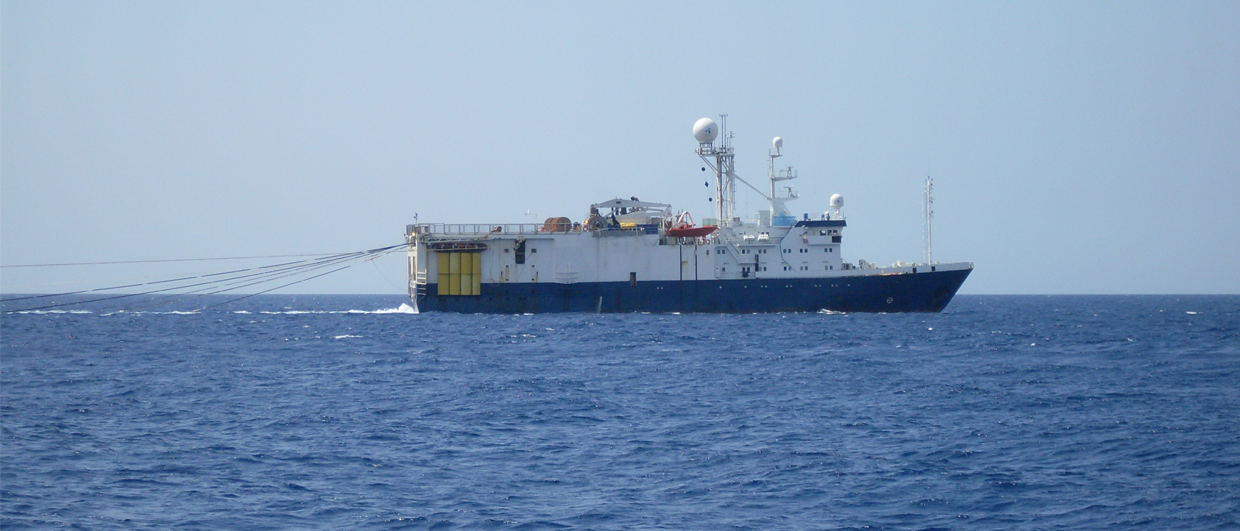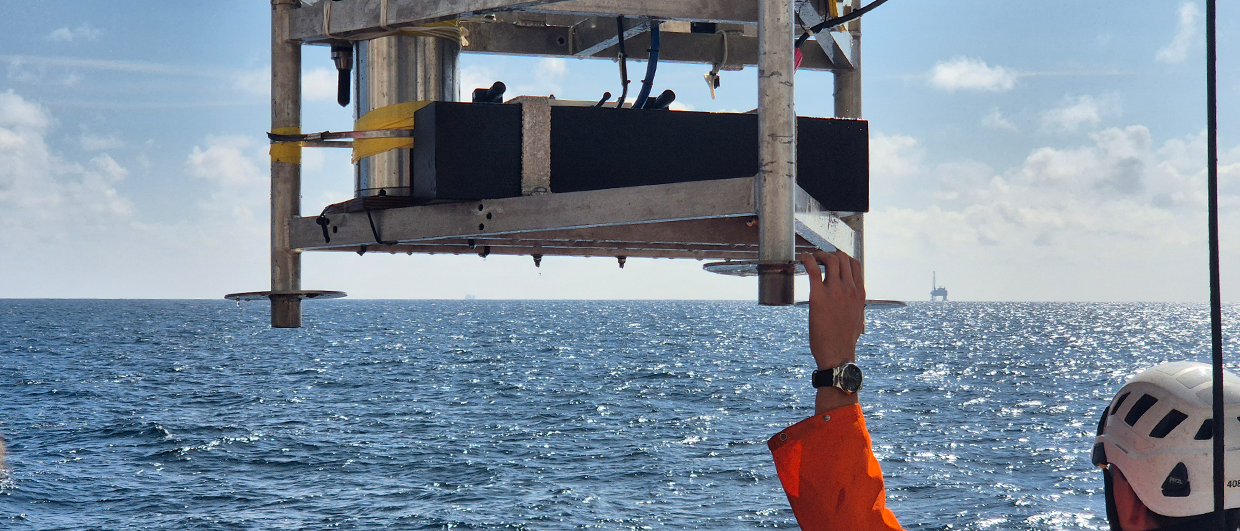“Many countries in the West have deliberately moved from being carnivores to vegans if that analogy can be used for the energy system”, someone recently told me at a conference. I think it is an excellent way to describe what has happened in the political discourse over the past 10 years or so. From being addicted to oil and being totally fine with it, the West has now turned to renewables 100%, whilst oil cannot be named anymore. From carnivores to vegans overnight.
But the reality behind party lines and media attention is different. Most countries that have made oil disappear from the vocabulary still depend on hydrocarbons for their primary energy consumption. And another factor has made an appearance on the agendas as well: security of supply. Especially for countries like the Netherlands and the UK, once important exporters of energy, the reality of having to bridge a massive gap between energy demand and domestic production has certainly kicked in.
The change from being exporters to importers is of course driven by the fact that the meat in the North Sea has long been found, and these major fields are now maturing quickly. What is remaining of exploration activity in previous years has therefore focused on finding the chickens, or maybe even the eggs, that are left close to existing fields. That is the case even in Norway, where drilling activity is still the most buoyant from all North Sea countries.
Against that backdrop, it is no surprise that Andres Wittemann recently argued for companies to take on more risk whilst exploring for new oil and gas accumulations. It will take a more audacious approach to find bigger volumes in areas where drilling has hardly taken place.
But what would be the next step if operators active in the North Sea are simply not willing to start exploring the more frontier areas, despite all the good reasons to do so?
In a way, it is no surprise to see that especially in a country like the UK, where the political winds have been changing so quickly over the past few years, there is no company willing to put their heads above the parapet and go for what remains of the North Sea’s unchartered territories.
The answer to this question is something that I happened to briefly discuss with a couple of people recently. And in both cases, it was not me coming up with it; it was brought to my attention. Two people, one from the Netherlands and the other from the UK suggested that a National Oil Company could be the answer to the burning question of how to address security of supply when it comes to hydrocarbons at a time when there is no commercial party interested in actively doing so.
A National Oil Company… that would be quite a deviation from a long period during which private investment was seen as the way forward. But, thinking about it a little more, it could well be the answer to trying to find what remains in the wider North Sea.
In the Netherlands, state player EBN might be in the position to take on this role. It already participates in many oil and gas fields and recently drilled its first (geothermal) exploration well too. The organization therefore has a major E&P knowledge base and the connections to drive things forward, such as is happening in the geothermal and CCS realms already.
In the UK, the NSTA would be the first organization one would think of probably, but the main difference with EBN is that the Brits do not actively partner in licences. The NSTA is much more a regulatory body, which obviously brings the oversight on what is happening across the basin but not necessarily the same spirit as an operator.
This all seems like a faraway scenario. But who knows what the energy future will bring.





